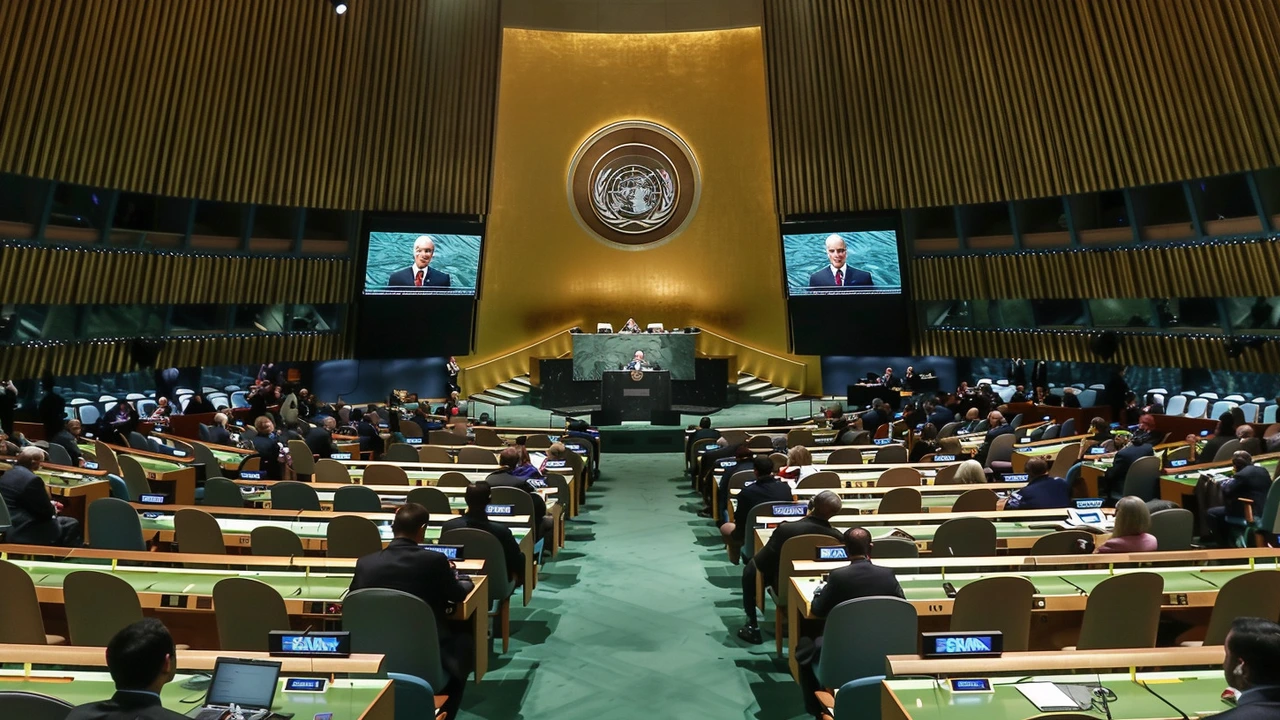Palestine membership: what it means and how it works
Palestine membership is a phrase you hear a lot in news and diplomacy. It usually refers to Palestine seeking recognition and membership in international organizations—most importantly the United Nations. People mix up different statuses, so here’s a clear, practical guide to what membership means, what Palestine already has, and what would change if it became a full UN member.
What Palestine already has
In 2012 the UN General Assembly upgraded Palestine to “non-member observer state.” That gives it the right to join UN agencies and sign treaties, but not a Security Council vote. Palestine is a UNESCO member and joined the International Criminal Court in 2015, which allows it to refer alleged crimes for investigation. Many countries formally recognize Palestine as a state, while others do not—recognition is separate from UN membership.
Those existing memberships matter. ICC membership means Palestinian authorities can seek legal accountability on war crimes. UNESCO membership gives access to cultural and education programs. But limits remain: Palestine can’t vote in the UN General Assembly as a full member and can’t sit on the Security Council without full membership.
How full UN membership happens
To become a full UN member a state needs a Security Council recommendation followed by a two-thirds vote in the General Assembly. The Security Council includes five permanent members with veto power. That means a single veto (often from the United States on this topic) can block the application. So UN membership is as much political as legal.
Successful membership often needs broad recognition from existing UN members, an agreed territory and government that can meet international obligations, and political deals to avoid a veto. Some states pursue step-by-step approaches—joining specialized agencies first, building diplomatic support, and using legal avenues like the ICC—rather than pushing immediately for full UN membership.
Why should readers care? Full membership would give Palestine a clearer platform in international law and diplomacy, stronger treaty access, and formal participation in global decision-making. But it would also reshape negotiations with Israel and influence aid, development and security discussions across the region.
If you want to follow developments, check reputable sources: UN press releases, official statements from foreign ministries, major international NGOs, and established news outlets. Watch for key moments—the Security Council meetings, General Assembly votes, and major diplomatic shifts among the United States, European states, Arab League members, and Israel.
Want to act or learn more? Read primary documents (UN resolutions, ICC filings), follow accredited diplomats’ social feeds, and support independent reporting. That gives you facts, not slogans, and helps separate legal steps from political messaging.
One practical effect: membership or recognition can change travel and aid. Some countries accept Palestinian passports for visas when they recognize the state, while others don’t. International membership can increase eligibility for development programs and open bank and trade options. Keep an eye on bilateral moves—when a country changes its recognition, things on the ground can shift fast. Follow embassy notices and trusted local reporters.

UN Assembly Urges Security Council to Discuss Palestine’s Bid for Full Membership Amid Gaza Crisis
Keabetswe Monyake May 11 7Amidst the ongoing Gaza crisis, the UN General Assembly has called on the Security Council to consider Palestine's request for full membership. The assembly emphasized the urgent need for a ceasefire and stressed the importance of dialogue in resolving the Israel-Palestine conflict.
More Detail